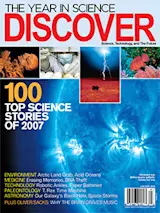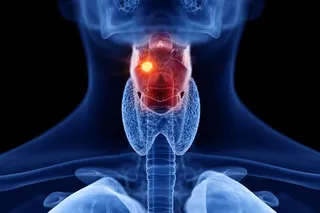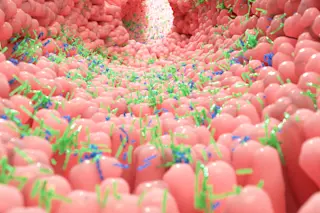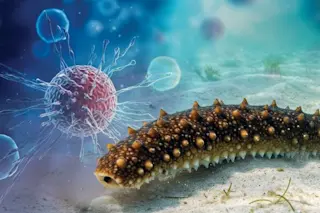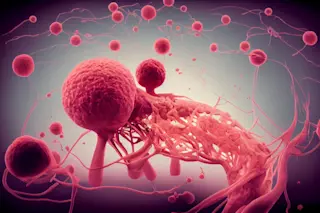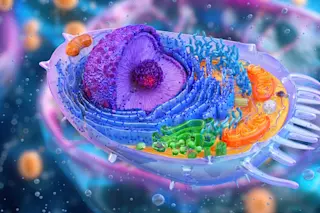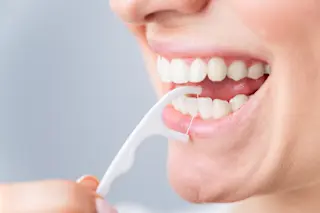In 2003, breast cancer rates dropped rapidly, and several studies in 2007 cited decreased use of hormone replacement therapy (HRT) as the likely cause. The drop in hormone use dates back to July 2002, when the Women’s Health Initiative, a 15-year study tracking the health of more than 160,000 women, abruptly ended its long-term study of estrogen-progestin hormone replacement therapy because women taking the drugs faced an elevated risk of invasive breast cancer and heart disease.
As a result, doctors wrote 20 million fewer prescriptions for HRT in 2003. Then, when researchers measured the incidence of breast cancer between 2001 and 2004, they found it had dropped by almost 9 percent, according to a report in April in the New England Journal of Medicine. “That big a drop actually reduced the risk levels to those of about 20 years ago,” says Peter Ravdin of the M. D. Anderson Cancer Center in Houston, the first author on that study. During the 1990s, he adds, “the levels had been gradually increasing” by about 1 percent per year in the United States.
The research doesn’t conclusively show that the drop in HRT use lowered the incidence of breast cancer, Ravdin says. Another factor in the lower numbers could be that 3 percent fewer women had mammograms in 2003 than in 2000, reducing the likelihood of a cancer’s being detected. Yet, according to two studies published in August, breast cancer rates also dipped among smaller groups of women who had been screened regularly, making reduced detection an unlikely cause. Other data supporting a link to HRT: The rates fell only among women 50 and older, and estrogen-receptor-positive cancers—whose growth is stimulated by estrogen—decreased by nearly 15 percent.
The research doesn’t change the national guidelines for women considering hormone replacement therapy, says Ravdin, adding, “[HRT] confers a small amount of additional risk, which, as long as you’re going to be taking it for a short period, for most people, is an acceptable level.” Longer exposure, he says, would make the risk of developing cancer much higher.
Go to the next article: 12. New Vaccine Blocks Bird Flu


